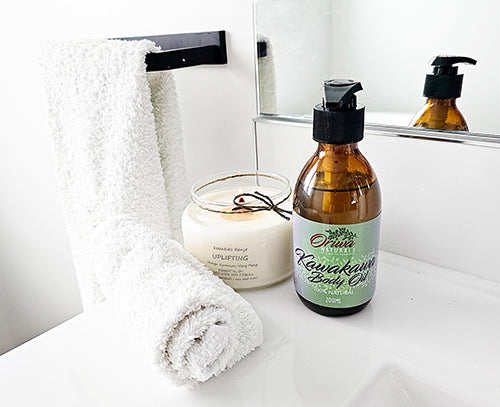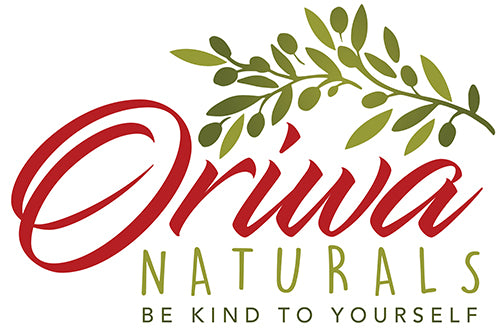Today is World Bee day. Bees are responsible for 70% of the pollination of the world’s plant species. Without them we would be in serious trouble as food sources become scarce. So World Bee Day is worth celebrating!
While not as bad as it has been in the past, NZ’s Ministry of Primary Industries is continuing to record a loss in bee hives in New Zealand, which is deeply concerning for our eco-system. The varroa mite remains the primary concern, but increasing production costs for New Zealand beekeepers is impacting the industry and, thus, the bee.
You Can Help
A few simple things you can do to encourage our bee populations include planting native plants, buying sustainable products, avoiding pesticides, herbicides and fungicides in the garden, and protecting wild bee colonies.
Did you know we have 28 different species of native bees in New Zealand? They live most of the year in holes under the ground. You may have seen them burrowing down during the summer season, ferrying nectar and pollen to single eggs to sustain the larvae during the winter months. It’s important to know about native bees as they look a little different to honey bees (many are more black than yellow and they hover rather than buzz) so they can easily be mistaken for wasps or flies. Sadly, people have been known to pour boiling water down their holes for this reason. Sharing the knowledge and planting native floral plants could make all the difference to our precious native ecosystem in Aotearoa New Zealand.
Another way to help grow bee populations is buying honey from local suppliers who practice sustainable beekeeping. Sustainable hive management is important in beekeeping as happy, healthy bees mean enough excess honey to sell. At Oriwa Naturals, we use pure, organic monofloral mānuka honey in our Mānuka Honey Lip Balms and, because supporting local is one of our core values, our honey comes from Bee Box, a Kaikōura-based company run by the Hislop Family.
The Hislops are a three generation beekeeping family who are serious about good practice and sustainability. As Quentin Hislop explained in an interview with Neat Places, “Care and respect for the bees are at the very heart of everything a good beekeeper does.”
Mānuka honey is exclusively produced in Aotearoa New Zealand and contains a natural compound called Methylglyoxal (MGO) which is high in antioxident, antibacterial, and anti-inflammatory properties. Studies have found that mānuka honey is healing for our skin and can even accelerate wound healing by creating a barrier to prevent infection, reducing inflammation, preventing bacterial growth, and decreasing damage done by free radicals (unstable molecules in our cells that may increase signs of aging and the risk of disease). Mānuka honey is typically used as a “gold standard” to test the antioxidant levels of other types of honey and has also been studied for its uses in cancer treatment.
After harvesting, mānuka honey is graded depending on the levels of MGO found. The Hislops honey we use is certified organic, has a 90% pollen count, and surpasses NZ’s Ministry of Primary Industries’ Mānuka Honey Science Definition Test.
This is perfect for our Lip Balms as not only does the balm feel beautiful and moisturising, the honey is also working to heal any dryness, sunburn, cracks, or sores you may have. This is true not only of our Natural Mānuka Honey Lip Balm and KawaCool Lip Soother, but also our Tinted Mānuka Honey Lip Balms—so you can heal your lips and flaunt bold colour at the same time!
Today, we celebrate both the honey bee and New Zealand’s precious native bee species. Plant natives, support local beekeepers, protect our bees—and spread the word!
Photo credit: Robyn Carter.


